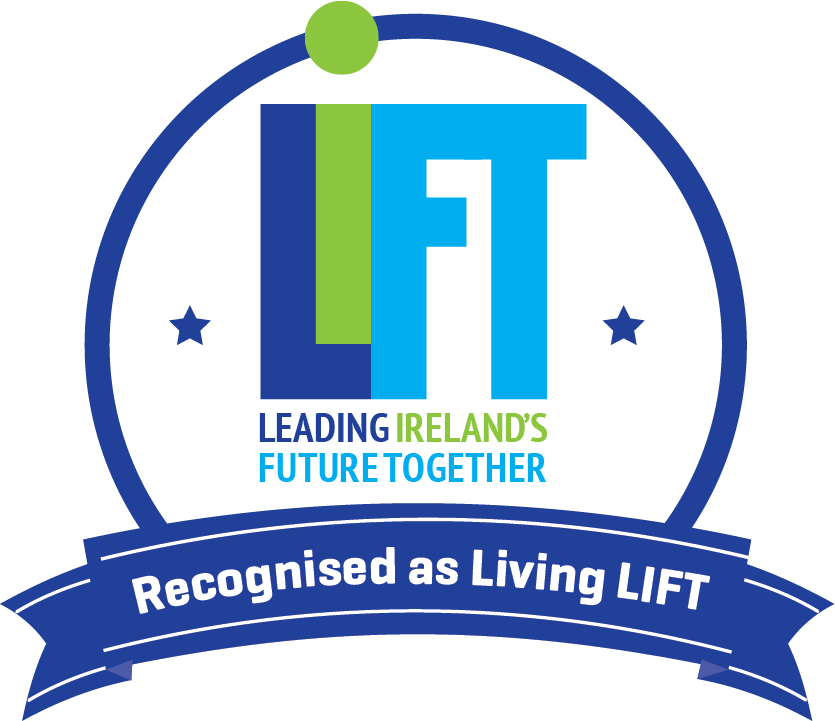ANZQAN Takeaways
After the ANZQAN Conference, one attendee reached-out to us with, “all generally share the same challenges, but there are so many different ways to approach those challenges”. This is where the real benefit of these events arises – the ability to hear alternative approaches to challenges and perhaps be inspired to find more innovative approaches within our own domains.
Below are our takeaways:
Key Learning #1: There was a great Dean’s Panel discussion on managing accreditation strategies. This covered a variety of themes but the key take-away and reminder was to “keep doing the small (everyday) stuff” and not just wait for the “big events” to happen. This comment took place in the context of sustainability and a reminder that everyone has a role to play (and the importance of discussing and sharing good practice). However, it resonated more widely as a reminder that change is often present in a multitude of smaller habits that take place consistently. “We are what we repeatedly do: Excellence then is not an act, but a habit.”(Will Durant, attributed to Aristotle)
Key Learning #2: There was some great sharing of good practice related to socialising the mission. We really liked the suggestion to “embrace mission in both function and optics”. It spoke to the importance of ensuring that an organisation’s mission needs to be front and centre of
- discussions, decisions and strategy (function)
- documents, merchandise, and other visuals (optics)
By embracing both function and optics, schools (or other organisations) are better placed to optimise the integration of the mission into every-day operations and strategy.
Key Learning #3: Internationalisation was a key topic for multiple reasons – including both general challenges arising from the Covid 19 pandemic, as well as ongoing geo-political challenges in several regions of the world. Reference was made to EFMD’s internationalisation framework (EFMD Accredited Process Manual Annexes (Annex 10, page 61)) OR EQUIS Standards and Criteria 2022 (last section of Chapter 8, page 73, “Further Guidance on Assessing Internationalisation” ) with one school (Curtin) illustrating how it has developed a set of parameters for each of the 12 dimensions of internationalisation (across the four categories of Policy, Content, Context and Network). The parameters for each dimension outline what characterises low, medium and high performance, in line with the School’s own mission and strategy. This seems like an excellent way to frame a School’s internationalisation priorities and a great example of good practice.
Finally, both EFMD and AACSB presented to the meeting. A key takeaway from each that might be of interest:
- EFMD: The EFMD update included the news that in certain (limited) circumstances, eligibility (for schools in the initial EQUIS process) may be extended to 48 months rather than limited to the current 24 months. This potentially impacts the length of time available to complete the Self Assessment Report (SAR) and Peer Review Visit for schools that have significant, key areas to address and where it makes sense to delay the process. Such situations are likely to require the approval of the EQUIS Board and Schools will be required to complete some interim reporting. No further details are publicly available to date, but QED expects that the 2023 Process Documentation will include updated guidance. In the interim, we suggest that any questions are submitted directly to your EFMD account manager or advisor.
- AACSB’s session focused on reporting for positive societal impact. There was a lot of good advice here, but the key points noted were: i) ensure the vision for positive societal impact is identified clearly in the context of a School’s mission and values; and ii) consider using ‘counter factuals’ to help conversation (e.g. “What would happen if we didn’t do xyz?”)
For advice and further details on any of the above, please contact the QED Accreditation Team at info@QEDaccreditation.com.

 Read a recent article that calls for greater focus on degree connectivity when managing MBA offerings. The article has been co-authored by Ulrich Hommel (Xolas), Joanne Powell (QED) and Sarah Hardcastle (Hardcastle and Associates); and published in MBA International Review, Nr. 82, pp. 14-16. A copy of the article is also available here.
Read a recent article that calls for greater focus on degree connectivity when managing MBA offerings. The article has been co-authored by Ulrich Hommel (Xolas), Joanne Powell (QED) and Sarah Hardcastle (Hardcastle and Associates); and published in MBA International Review, Nr. 82, pp. 14-16. A copy of the article is also available here.




Recent Comments